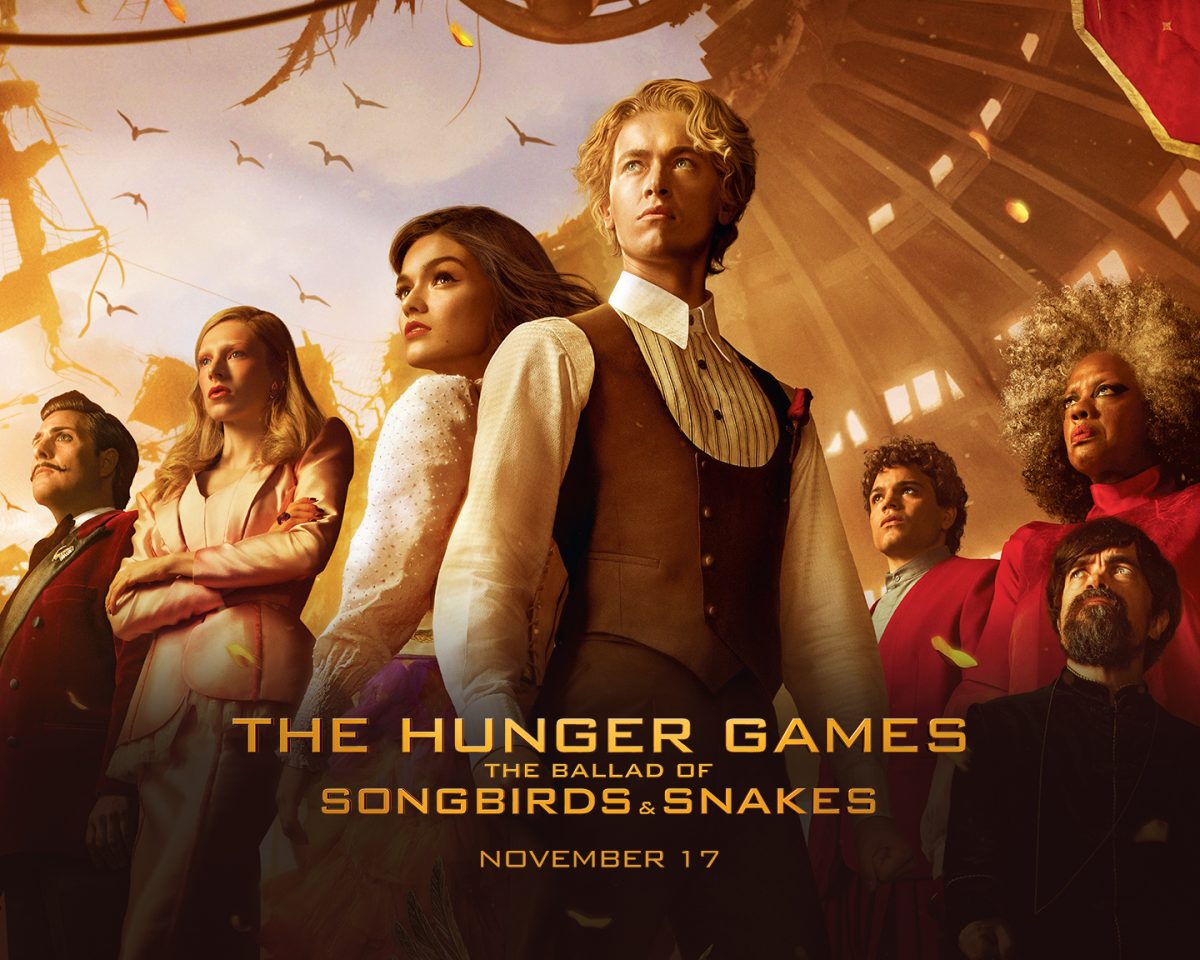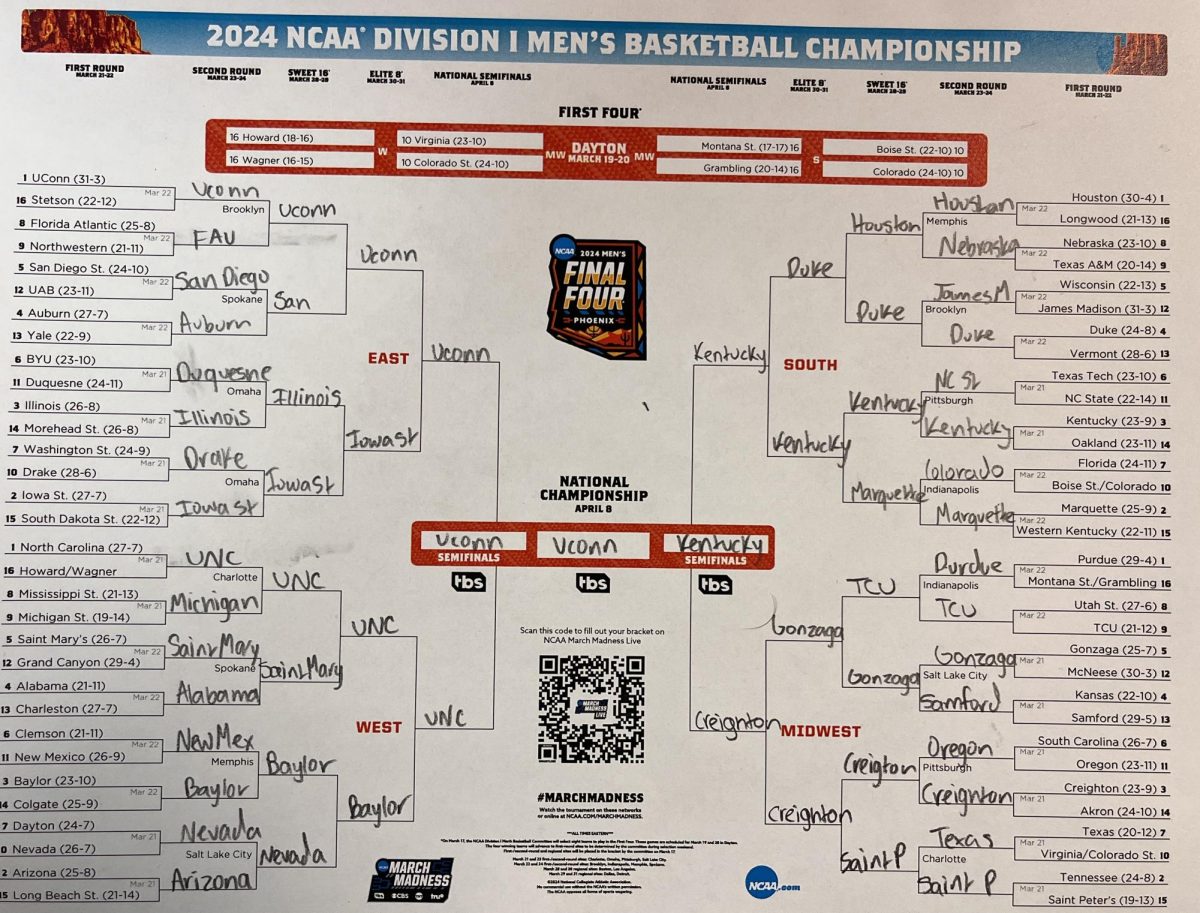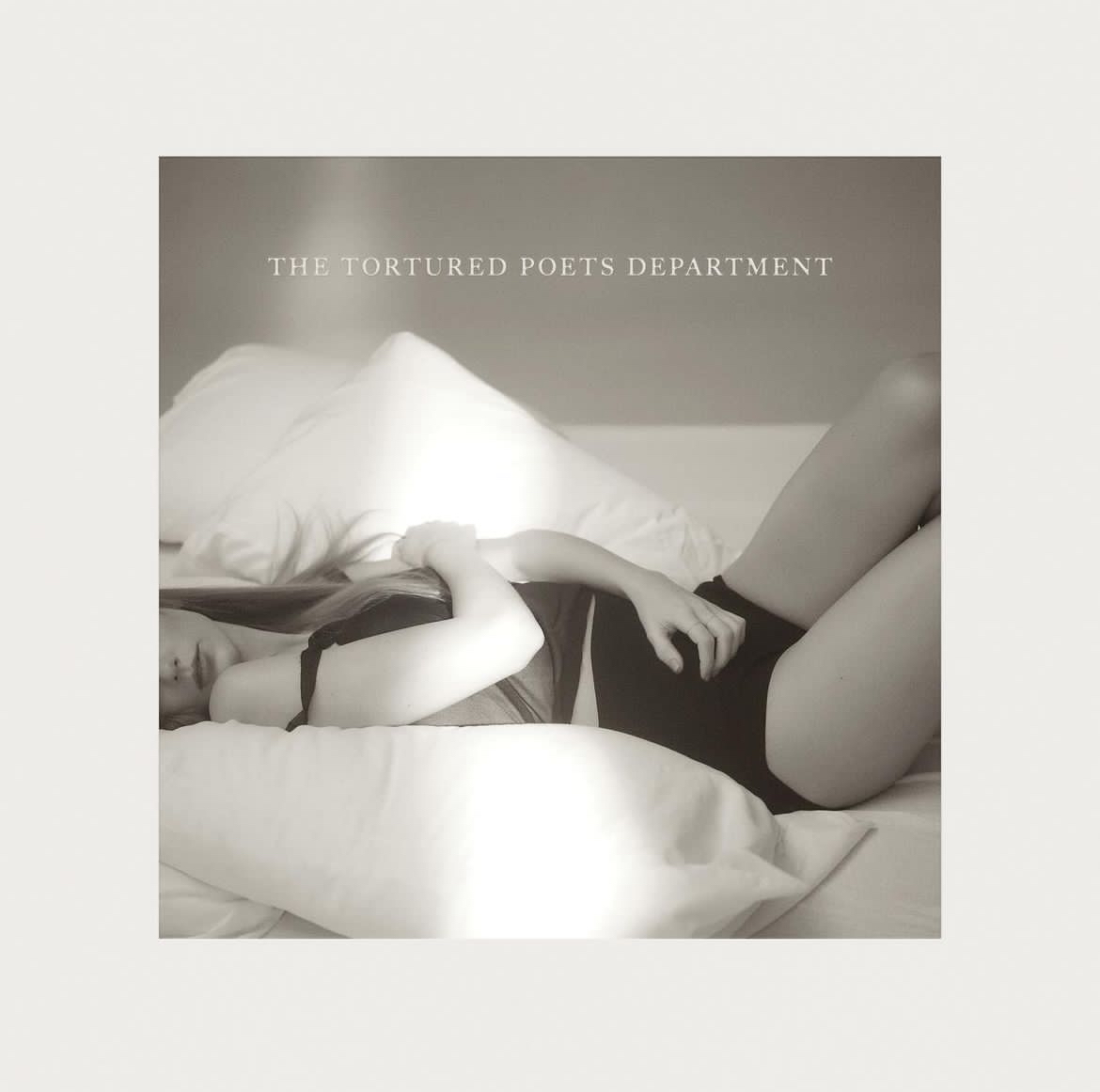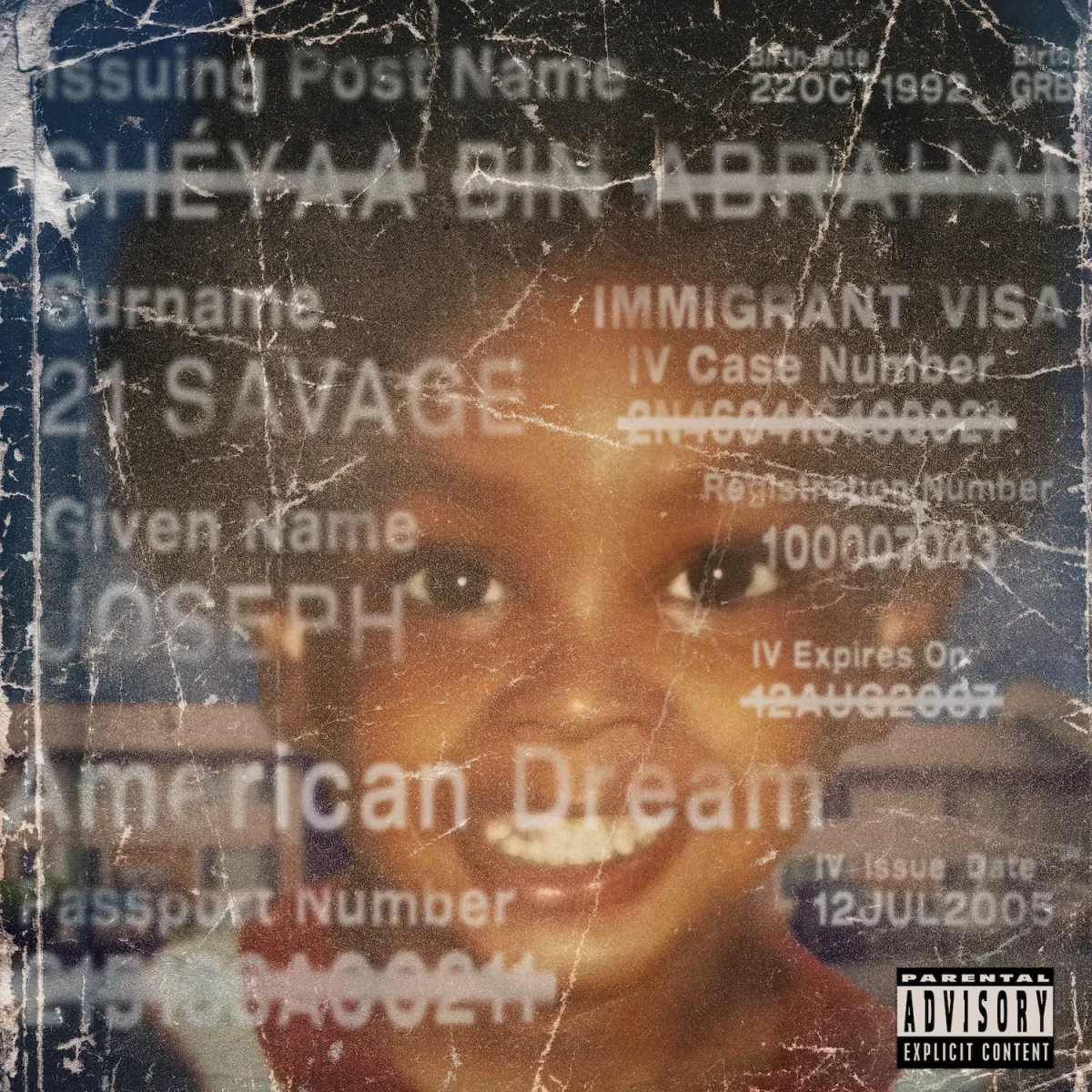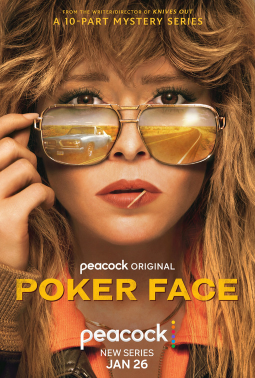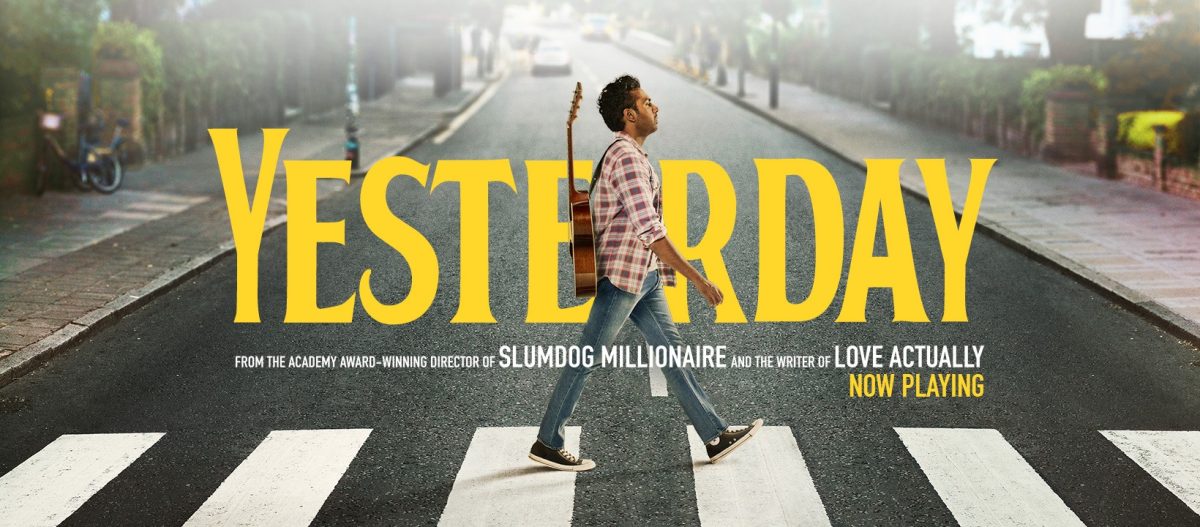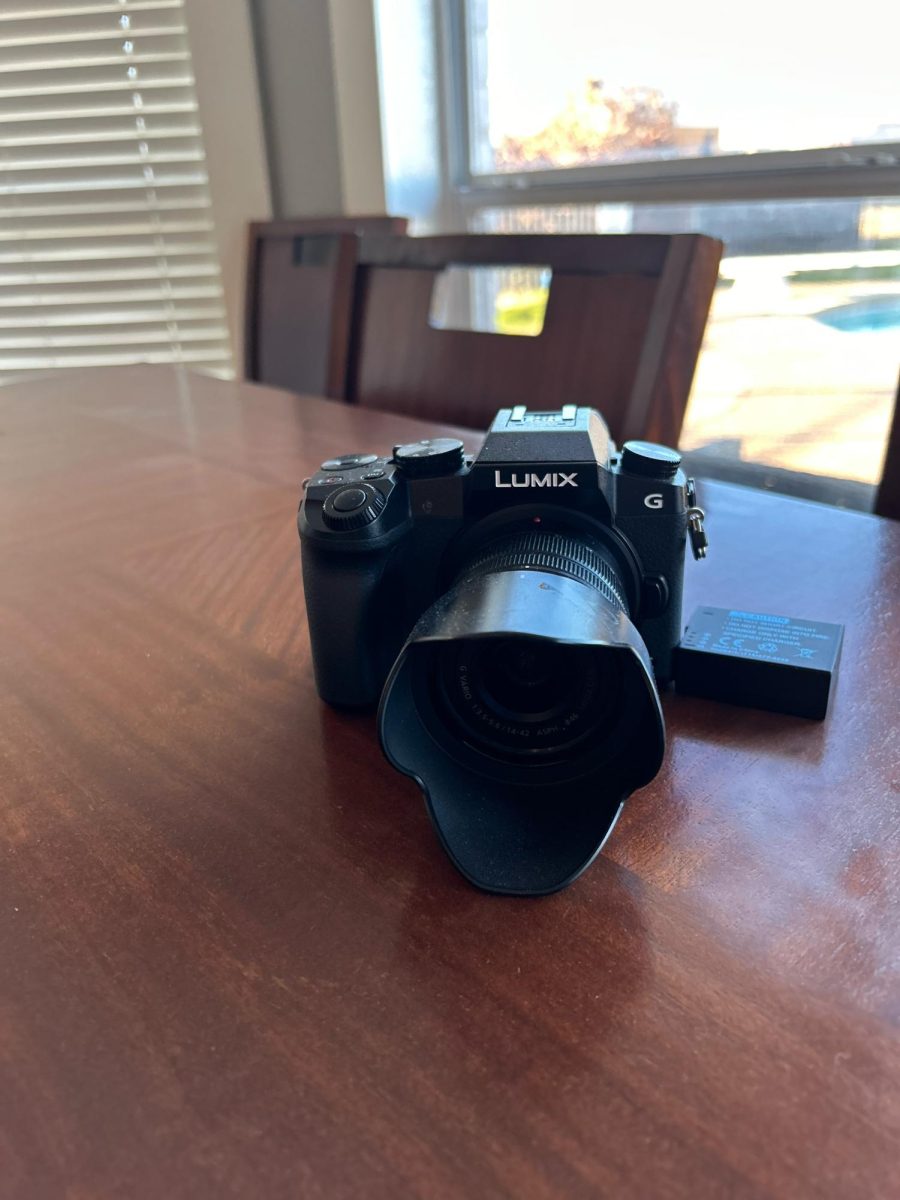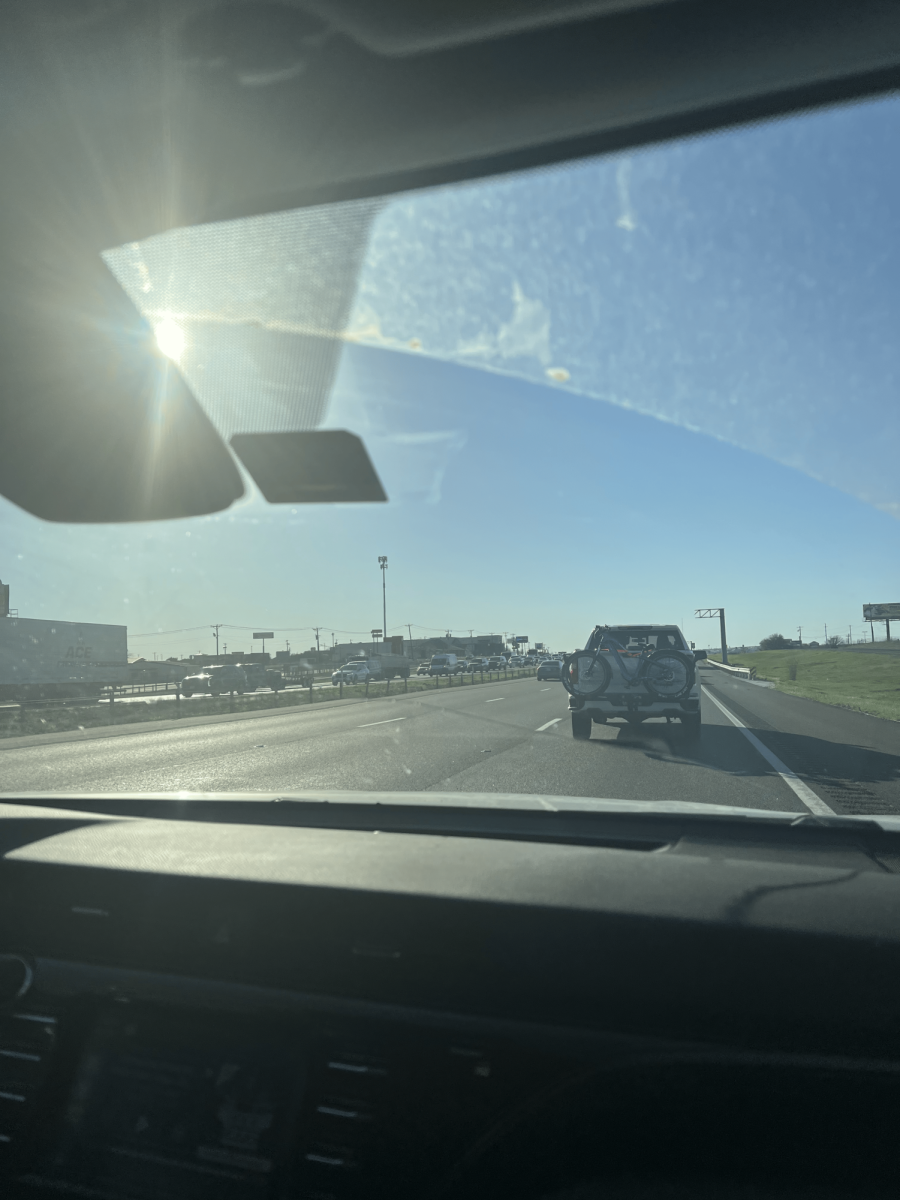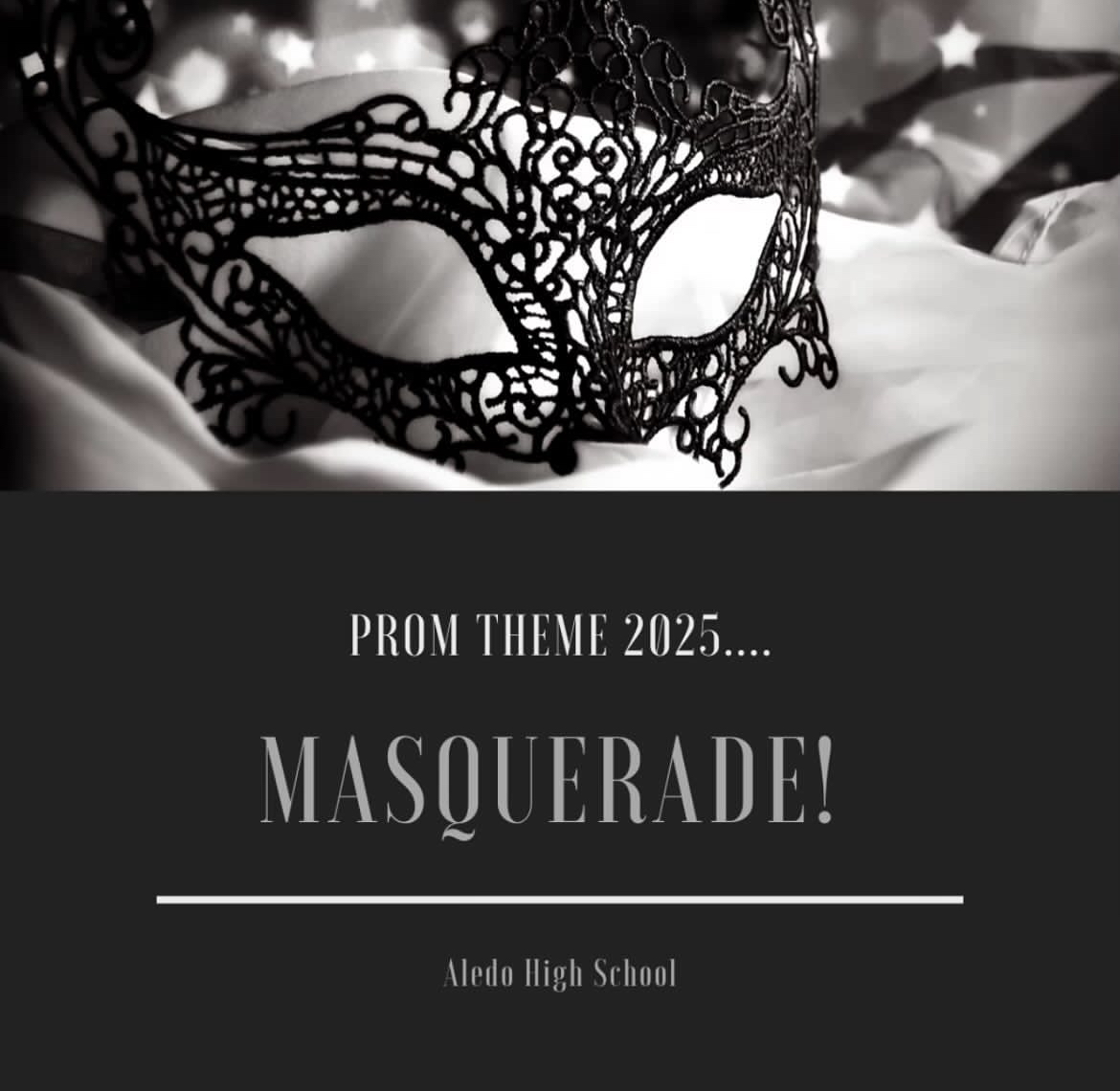Everyone has been talking about The Hunger Games recently, because of the newest addition to Susan Collins’ hit book series. Collins’ latest release, “The Ballad of Songbirds and Snakes,” was recently adapted into a movie, and has renewed people’s interest in dystopian fiction. So, if you love The Hunger Games and have a desire to dive deeper into the dystopian genre, this compilation of smash-hit novels, along with some of my personal favorites, is your best bet for recommendations.
The Divergent Trilogy by Veronica Roth
This series follows a 16 year old girl through her world of factions and turmoil. The entire world is just one city, and you can only live in one of four factions. Will you follow your faction’s laws, or will you dare to be different, otherwise known as Divergent? Throughout three books, the main character develops relationships and become the best version of herself while battling grief, fear, corrupt governments and mind control alike. The Divergent Trilogy has classic dystopian elements such as remnants of a past civilization, a questionably structured government and characters that are willing to stand up for what’s right. This series takes a surprising twist halfway through to include some almost sci-fi like elements. A fair warning to reading, this series contains violence, blood and other mature details.
Fahrenheit 451 by Ray Bradbury
If you are a fan of dystopian stories, you know Ray Bradbury well. His books are revolutionary for almost predicting the future. Fahrenheit 451 was written in 1953 but is still very relevant today. This book is about a futuristic society that has banned books completely. Televisions and screens have mostly taken over and literature is on the brink of extinction. The main character, a fireman in this dystopian world is Guy Montag. But the role of firemen has changed drastically from what it is today. His job is to set fire to books and literature in order to destroy it. But one day, a run in with his eccentric young neighbor changes his perspective.
1984 by George Orwell
When I think of dystopian literature, this book instantly comes to mind. Written in a time of Nazi power, this book could not capture a dystopian world more accurately. The main character, Winston Smith, goes about his day and does the same thing every day. His job is to alter history as it is happening, so that the government, otherwise known as “Big Brother,” is always right. Living under the watchful eye of “Big Brother” is the norm for this dystopian world. Until one day, Winston finds a blind spot in the cameras. Smith begins to secretly express his hatred of his society and eventually finds ways to rebel more openly. This masterpiece covers topics such as true human nature, freedom of speech, the dangers of totalitarianism, the psychology of fear and control and the importance of history. Inspired by the Nazi’s infestation of the French government, Orwell wrote this book to warn the world of the direction we are heading. I highly recommend this book, but a fair warning, there are sensitive themes such as sexual elements and torture.
Atlas Shrugged by Ayn Rand
Now this book is one big chunk of literature. It is not for the faint of heart, as it has a slow start and is surprisingly long, but it is most definitely worth the read. This novel is a bit more of a low-key dystopian, which makes it all the more terrifying because it is so likely to happen in the future. It has a mysterious element to it, as the description says “This is the story of a man who said that he would stop the motor of the world—and did. Was he a destroyer or the greatest of liberators?” Ayn Rand’s masterpiece is one of human purpose, the motivation of the world and of human relationships. This book’s scope is ginormous and the amount of characters that are fundamentally changed is immense. From railroad workers to steel producers, to burnt-out oil barons, everyone plays a purpose in this dystopian world but what happens when they stop fulfilling that purpose?



